- Working Visa and Highly Skilled Professional Visa
- Student Visa and Internship Visa
- Working Holiday Visa
- Spouse Visa
- Other types of long-term visas
- What are the requirements for Japanese citizenship?
- How does the application process for naturalization work and which documents are required?
Can I immigrate to Japan and live in Japan?
The simple answer to this question is: yes, you can. There are different types of long-term visas. Most of them allow you to live and/or work in Japan for a period of one, three, or five years.
Visa types that go beyond a short stay and allow you to stay in Japan for a longer period are as follows:
- Working Visa and Highly Skilled Professional Visa
- Student Visa and Internship
- Working Holidays Visa
- Spouse Visa
- Other types of long-term visas
- Permanent Residency
- Japanese Citizenship
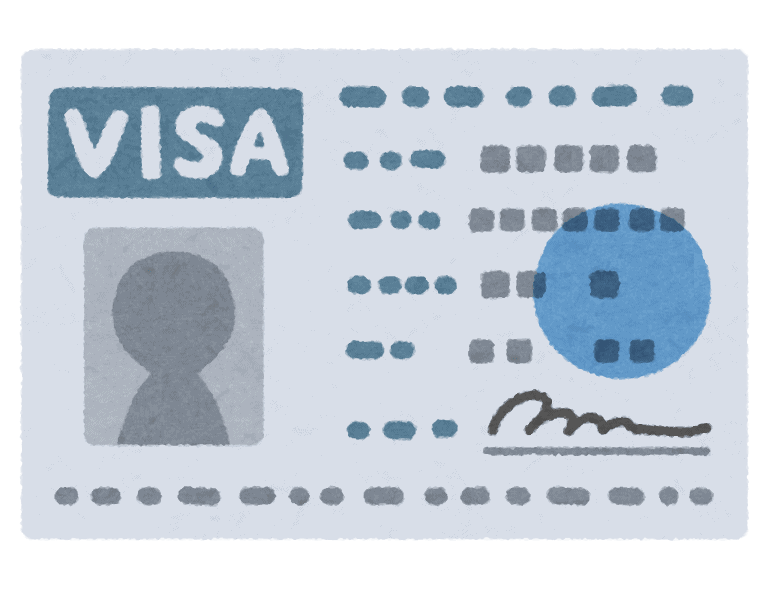
What should I consider if I want to live in Japan?
The decision to immigrate and live in another country should never be taken lightly. Not only will the language be different, but so will the standard of living, the housing situation, and the social environment for most of us in Japan compared to our respective home countries.
Therefore, I would first like to give you a brief overview of the aspects to keep in mind when the question of wanting to live in Japan is in your head. Three aspects played a crucial role for me. But of course, these aspects can vary from person to person.

With its more than 50,000 Kanji, the Japanese language is included on UNESCO’s list of the 10 most difficult languages to learn for a reason. If you want to live in Japan, you will not be able to avoid studying the Japanese language in either the short or long term —from simple greetings and phrases to introduce yourself to the different ways to express feelings like ‘love’ in Japanese. In addition, you’ll benefit greatly by studying Kanji. For example, if you want to explore Japan’s rural parts by train, you’ll also have to be able to read Kanji in order to get off at the correct station.
Another issue is the cost of living and the housing situation in Japan. Those of you who have already been to Japan will know that Japanese apartments are much smaller compared to western apartments. The price for fruits and vegetables is also many times higher. In order to give you a small overview, here’s a monthly list of costs for the average income and expenditure for a two-person household in Tokyo area (as of April 2021). Insurance expenses are not included.
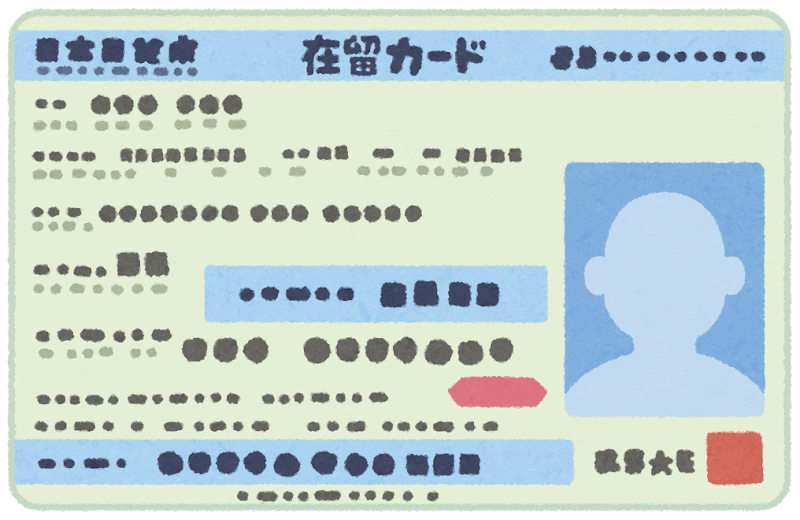
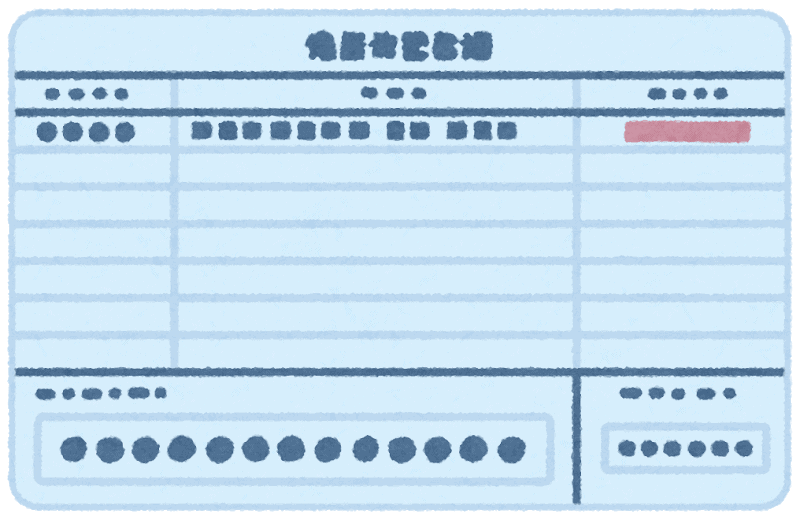 The residence card, or zairyu card, will be issued to you at the airport when you arrive in Japan.
The residence card, or zairyu card, will be issued to you at the airport when you arrive in Japan.
Next, let’s first take a look at the types of long-term visas available and for whom they are suitable.
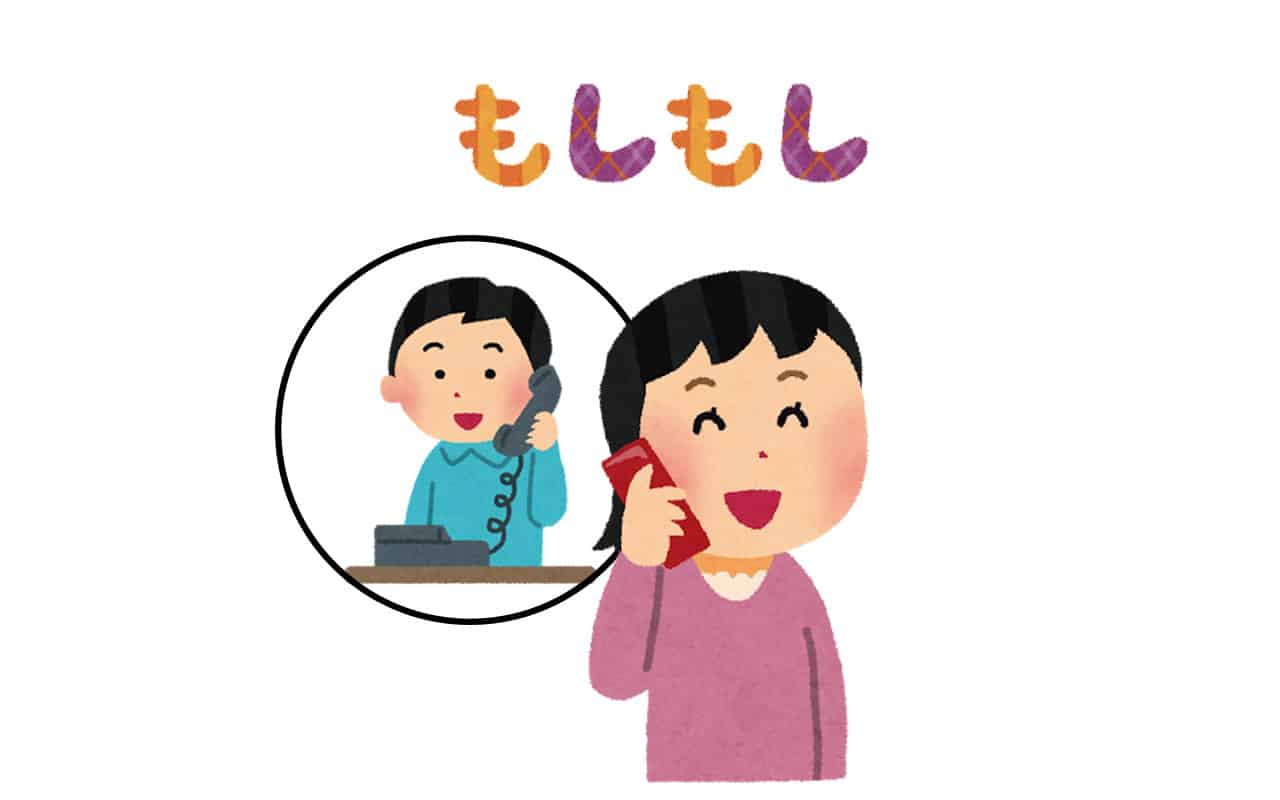
The Mobal SIM Card is the only SIM card with a Japanese phone number — perfect if you need to stay in touch on short visits or for long-term visitors living, working, or studying in Japan. Mobal pocket wifi is also great if you’re traveling with family or a group!
Check Mobal’s SIM card and pocket wifi plansWorking Visa and Highly Skilled Professional Visa
Would you like to accept a job offer in Japan, your company is relocating you to Japan, or you are taking up religious work as a missionary in Japan? Then you fall in the working visa category.
To apply for a working visa or a highly skilled professional visa, you will normally need the following documents:
- A valid passport.
- A completed application form (this can be usually downloaded on the website of the Japanese representation in your country).
- A passport photo (45mm x 45mm/ 2in x 2in) that is not older than 6 months.
- The original CoE and a copy of it.
- For the Highly Skilled Professional Visa: A point calculation detailing your activity in Japan as well as an evidence to substantiate your knowledge (certificates, licenses, etc.).
Depending on the type of your occupation, the validity of your visa may vary. The different periods of validity for a normal working visa can be found in the following table:




Let’s now take a look at the duration of validity of the three different types of spouse visas:
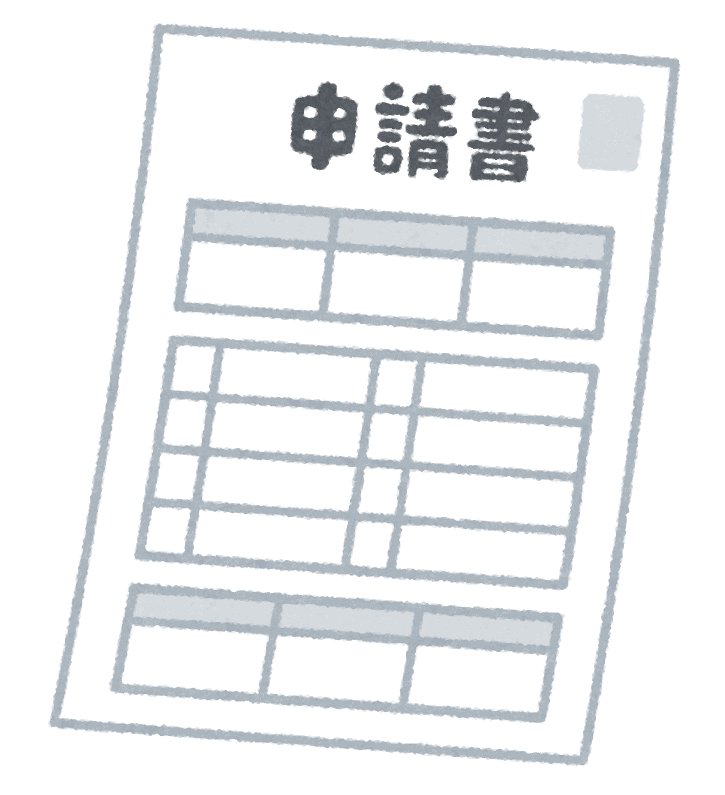
Now let’s take a look at the requirements that you have to meet if you want to apply for permanent residency in Japan:
- You are not allowed to have any criminal past (no previous convictions, no traffic offenses, payment of taxes in time, etc.).
- You have to be able to prove that you have a secure job with which you can finance your own life.
- You have to meet all requirements for your current visa.
- You have already lived in Japan for 10 years, thereof you should have spent 5 years in Japan with a work or spouse visa.
- You currently have the longest option for your residence visa (usually a duration of 3 years).
- You have always paid your taxes and contributions to the Japanese social security system on time.
- You have a guarantor (Japanese citizen or a person with a permanent residence visa) who will assist you with the application.
- In a period of 12 months before and during the application process, you have been in Japan for more than 6 months.
This list of requirements, especially the 10-year residency requirement in Japan, may seem a little intimidating at first, but under certain circumstances, the 10-year residency requirement can be reduced. You can see these circumstances here:
- Spouses who have been married for 3 years and have lived in Japan for more than a year.
- Children of Japanese nationals or permanent residents who have lived in Japan for more than a year.
- Long-term residents or refugees who have lived in Japan for more than 5 years.
- People with a Highly Skilled Professional Visa. With a score of 70, permanent residency can be applied for after 3 years, with a score of 80, after one year.
- Individuals who have lived and served in Japan for more than 5 consecutive years (with regard to diplomatic, social, economic or cultural aspects).
And if you now meet all the requirements for applying for a visa or even some of the requirements to shorten the 10-year period, then you can now go to the necessary documents that you need to apply for permanent residency. The necessary documents are as follows:
- The Permanent Residency application form (永住許可申請書 eijuken shinsei-sho).
- A passport photo (4c, x 3 cm) no older than 3 months. It should have a white background.
- Your current residence certificate (住民票 juminhyo).
- Evidence from your employer (在職証明書 zaishoku shomeisho). If you are dependent on your spouse, this document will be submitted by your spouse.
- Proof of your income (所得 shotoku) and proof of the municipal taxes you have paid (住民税 juminzei). This information is usually included in your tax certificate, the nozei shomeisho (納税証明書) or otherwise in the kazei shomeisho (課税証明書).
- Proof of your national health insurance.
- A copy of your passport.
- A copy of the front and back of your residence card (在留カード zairyu kado).
- (If your spouse is a Japanese citizen, you will need a copy from the Japanese Family Register, koseki tohon 戸籍謄本.)
In addition, further documents are required from your guarantor:
- A declaration of suretyship (身元保証書 mimoto hosho-sho).
- Evidence from the employer (在職証明書 zaishoku shomeisho).
- Certificate of income (所得証明書 shotoku shomei-sho) of the previous year.
- A current residence certificate (住民票 juminhyo).
You can plan with around 4 to 8 months for the duration of the application process for your permanent residence. Of course, the exact period depends on the individual cases and case officers. The application for permanent residence will cost 8,000 yen.
Is it possible to become a Japanese citizen?
The decision to adopt another nationality, in this case, the Japanese one, may be made for different reasons, be it the advantages of the Japanese passport, the desire to vote, or professional background, such as changing jobs in the public service in Japan. If you are also thinking about taking on Japanese citizenship, here are the requirements you have to meet and how the application process works.
In 2019, around 10,455 people had exactly this wish. 8,453 people received the Japanese citizenship (国籍取得 kokuseki shutoku, acquisition of citizenship) and around 5.7 percent of naturalization applications (帰化申請 kikashinsei) were rejected. So, you can see that it is not entirely impossible to become Japanese on a passport.
What are the requirements for Japanese citizenship?
Basically, there are five requirements that you have to meet in order to apply for naturalization:
- You have lived in Japan for at least five consecutive years.
- You are at least 20 years old.
- You don’t have a criminal record.
- You can finance your life in Japan by yourself.
- You are ready to give up your original citizenship.
As with long-term visas, there are also certain exceptions here. These concern the financing of life in Japan and the surrender of your original citizenship. If you are married in Japan, your spouse can also support you if you are not the main breadwinner.
With regard to citizenship, the principle applies that dual citizenship is not allowed in Japan. Only people under the age of 20 can have dual citizenship but must have decided on a nationality before their 20 th birthday. Only in exceptional circumstances, such as when you’re unable to discard your citizenship even after extraneous effort, may dual citizenship may be possible. However, you must provide evidence on why this is the case.
How does the application process for naturalization work and which documents are required?
Let’s take a look at the documents that you will need for your application for naturalization:
- The application form with 2 photos (5cm x 5cm).
- A handwritten explanation of why you want to become a Japanese citizen.
- Your resumé.
- A written oath on your information.
- A statement of your family relationships and family documents.
- An explanation of how you make a living.
- Evidence of our living and working place and a hand-drawn map of the area.
- Graduation certificates
- Birth certificate
- Tax and asset statements
- Your Residence Card and your passport.
You will find out which other documents you have to submit during the interviews that are part of the application process. Here is the application process itself, which contains several sections and is partly also in Japanese.
The application process for Japanese citizenship begins with a preliminary interview, during which an immigration officer will assess your qualifications for acquiring citizenship. If the employee is of the opinion that you are qualified, you will be invited to a second interview.
In the second interview, you will find out which documents, in addition to those already listed, you need for the application and which conditions you still have to meet in order to obtain Japanese citizenship. In addition, you will be shown a one-hour naturalization video that explains how to behave and integrate into Japanese society. With the help of the naturalization book, you can complete your documents after the second interview.

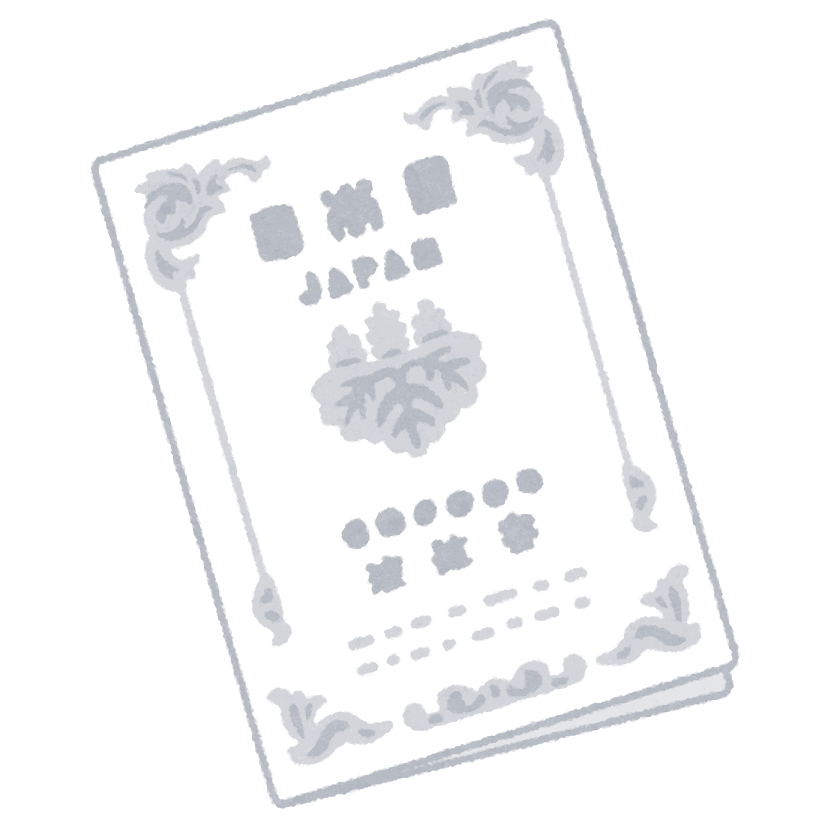 In order to obtain Japanese citizenship, several preliminary talks and interviews will take place.
In order to obtain Japanese citizenship, several preliminary talks and interviews will take place.
When these preparations have been completed and you have all the documents together, you can go to the official application interviews. The duration and frequency of the discussions vary from case to case and also depend on whether documents still have to be submitted. Immigration officials may also visit your home during the application process.
If all documents are complete and free of errors, the final application interview takes place, during which you have to submit an affidavit before your application for Japanese citizenship is officially recognized and forwarded to the Ministry of Justice. Now your naturalization application only needs to be confirmed by the Ministry of Justice and you officially have Japanese citizenship.
The naturalization process can take up to a year and depends mainly on how quickly you have all the documents together and how difficult it is to relinquish your original citizenship.
You will also need to adopt a Japanese name that consists of either katakana, hiragana, or kanji. A common method is to simply write the current name in katakana or use kanji with the same pronunciation.
What do I have to do before I emigrate to Japan and shortly after?
Now that we have clarified which requirements and documents you need for which visa, we now come to a checklist of the things that you should consider before and shortly after your emigration so that everything runs smoothly.
Before you emigrate, your thoughts will likely revolve around the visa application, but there are a few basic things you should keep in mind:
- Validity of your documents: Check in advance how long your passport is still valid and whether you don’t have to apply for a new one.
- Copies of important documents: Make copies of important documents (passport, vaccination passport, etc.) in case the original get lost.
- Medical examinations: Make another appointment with your family doctor, dentist, gynecologist, etc., regardless of whether you have chronic diseases or not. It is simply easier to communicate with a doctor in your mother tongue.
- Insurances and contracts: Think about the timely termination of your insurances and contracts. If necessary, your bank account as well.
- Global health insurance: Take out a temporary global health insurance if you do not join the national health insurance of Japan (for example with the working holiday visa).
- Accommodation: Make an effort to find accommodation in good time so that you do not have to temporarily go to a hotel.
- Financial precautions: Make sure that you have enough financial reserves for the first few months in case you don’t find a job straight away.
Now, let’s get to the things you should do on your first few days in Japan:
- Registration office: You must have registered your place of residence with the registration office within the first two weeks of your arrival in Japan. Therefore, it is best to figure out your apartment or a sharehouse in Japan before you leave so that you do not have to go to the registration office several times. When you visit the registration office, you can also register for the national health insurance.
- Bank account:You can only open a bank account with a registered address. Possible options would be the Japan Post Bank, Mizuho Bank Shinsei Bank and others.
- Electricity, water, gas and internet: If you are looking for your own apartment and not a sharehouse, then remember to keep the appointments of your electricity, water and gas suppliers so that they can install the connections. You also have to take care of an internet provider.
- Mobile phone contract: Note that most mobile phone providers offer mobile phone contracts with a minimum term of two years. If you do not attach great importance to making phone calls, data SIM cards or mobile WiFi devices are a possible alternative so that you have mobile data.
If you are planning to emigrate to Japan or if you are simply wondering how to live in Japan, you can always get information from the Japanese embassy or the nearest Japanese consulate. All this information is without guarantee and the necessary documents and documents can vary from case to case. Nevertheless, this guide is intended to give you an initial overview of the possible visa options and to help you on your way to visa applications. Now, we wish you fun on your next adventure to Japan!
Tags:
Yvonne Tanaka
I'm a German girl from Berlin, who found her second home in Japan. Since 2012, I travelled at least once a year to Japan, before I moved to Tokyo in 2017 as an exchange student. After just a few months back in Germany, I ended up in Tokyo again in 2019 - ready for telling you more about this amazing and traditional country! :)